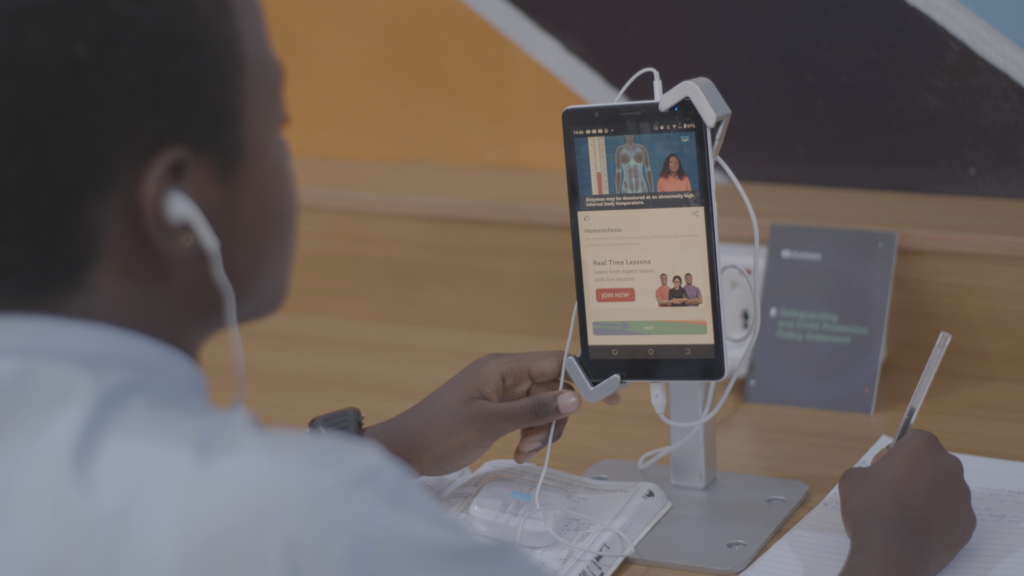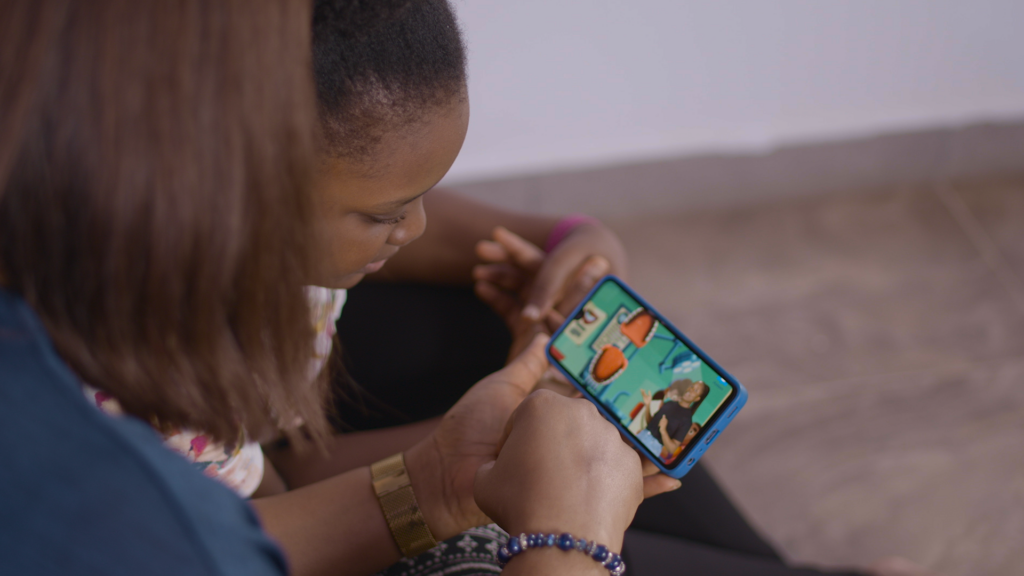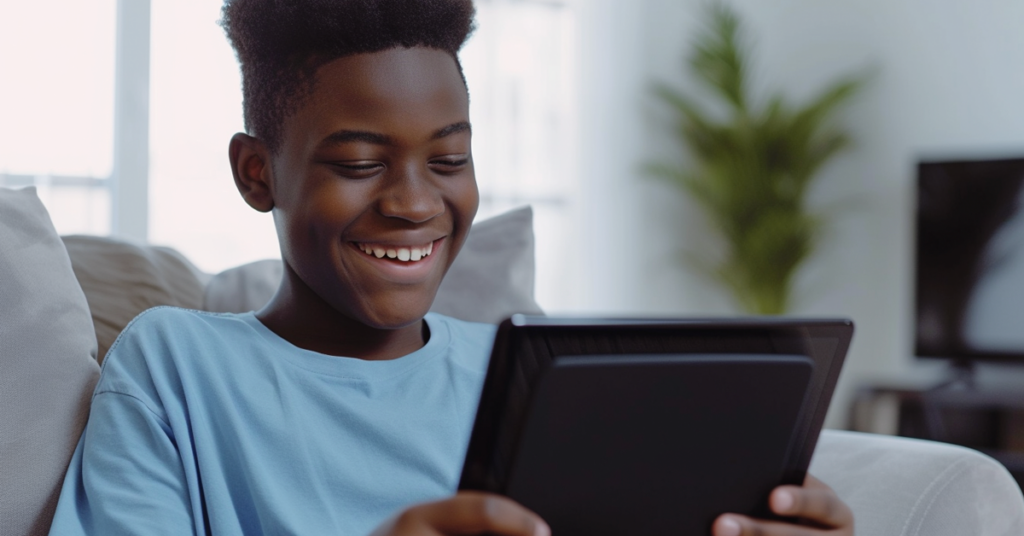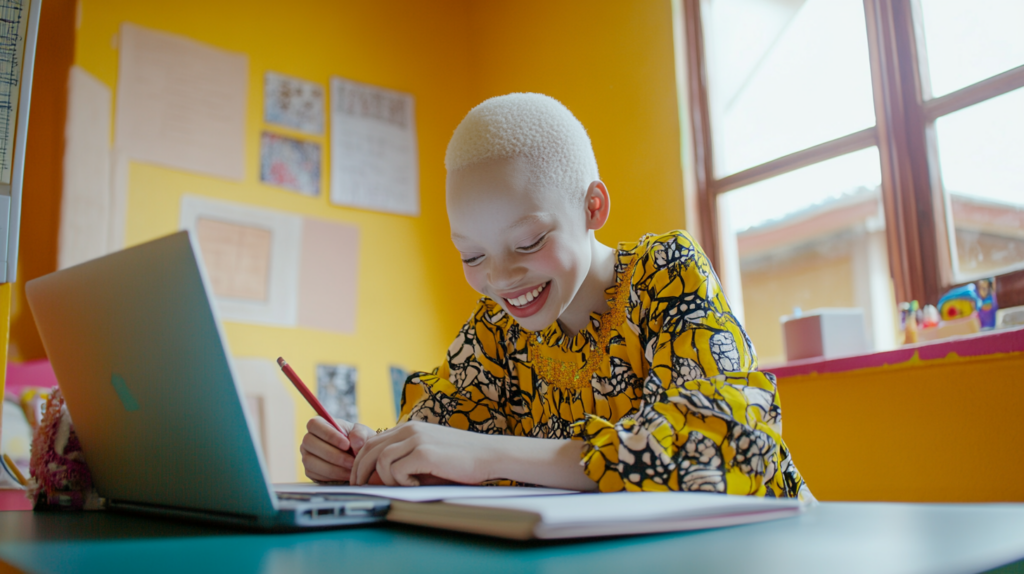As a parent, one of your primary concerns is ensuring your child gets the best possible education. However, not all children grasp concepts at the same pace in a group or class setting. If your child struggles to keep up or finds it hard to understand certain topics, you may be worried about their academic progress.
This is where personalised learning comes in, offering an educational approach that is tailored to meet your child’s unique learning needs and pace.

Why Traditional Group Learning Is Great But Not Enough
In traditional classrooms, the standard approach is often “one-size-fits-all.” Teachers present lessons to the entire class, expecting all students to follow along at the same speed and absorb information in the same way.
However, children are different—some are quick learners, while others need more time and individual attention to fully grasp a topic. If your child is one of the latter, they may start feeling left behind, demotivated, or even frustrated with their studies.
For example, imagine a maths class where the teacher explains a concept like fractions. Some students may grasp it immediately, while others, including your child, may need more examples or time to understand. In a group setting, the teacher may not have the resources or time to offer the necessary one-on-one attention your child needs.
As parents, the question then becomes: How can you help your child succeed in their academic journey?

The Ideal: Personalised Learning
Personalised learning aims to address these challenges by catering to the individual learning needs of each student. Instead of a uniform teaching style, personalised learning adapts the pace, content, and teaching methods to suit each learner’s strengths and weaknesses. This approach acknowledges that children learn in different ways—some might be visual learners, others auditory, and others kinaesthetic.
In personalised learning, your child gets the attention and time they need to understand a subject fully. If your child struggles with maths but excels in science, their learning experience can be adjusted to provide more maths practice while allowing them to progress faster in science. This helps students build confidence in their abilities and keeps them engaged.
For example, if a student using a personalised learning platform is struggling with algebra, the system might offer more interactive tutorials, additional practice problems, and even support through AI-powered homework help until the student becomes confident in the subject.

Why Personalised Learning is Important
There are several benefits to personalised learning that make it an ideal solution for students who need more tailored support:
Addresses Learning Gaps
Every child has areas where they may fall behind, even in subjects they usually excel at. Personalised learning identifies and fills these gaps by offering focused attention where it is needed most.
Builds Confidence
When students can learn at their own pace and feel supported, they are more likely to develop confidence in their abilities. A child who may struggle in a group setting can thrive in an environment that caters to their specific needs.
Improves Engagement
Personalised learning keeps students engaged by making learning relevant to their individual interests and strengths. It prevents boredom for fast learners and frustration for those who need more time.
Develops Independent Learning Skills
With personalised learning, children learn how to take ownership of their education, a skill that is beneficial for lifelong learning. They become self-directed and motivated to explore topics that interest them.

Conclusion
In conclusion, personalised learning offers a more effective and supportive approach to education by addressing the unique needs of each child. It moves away from the limitations of traditional group learning, helping students who may struggle with the pace or method of teaching in a classroom setting.
By tailoring the learning experience to your child’s strengths, weaknesses, and interests, personalised learning not only improves academic performance but also boosts confidence and engagement. As a parent, considering personalised learning for your child can set them on a path towards academic success and a lifelong love for learning.
The uLesson app is a great tool to supplement your child’s classroom learning. With thousands of animation-rich interactive video lessons, AI-powered homework help, and practice tests and quizzes designed to reinforce concepts, your child can learn at their own pace.
Help your child thrive academically by complementing their school education with uLesson’s personalised learning resources. Download and explore the uLesson app for free for five days when you register today!



